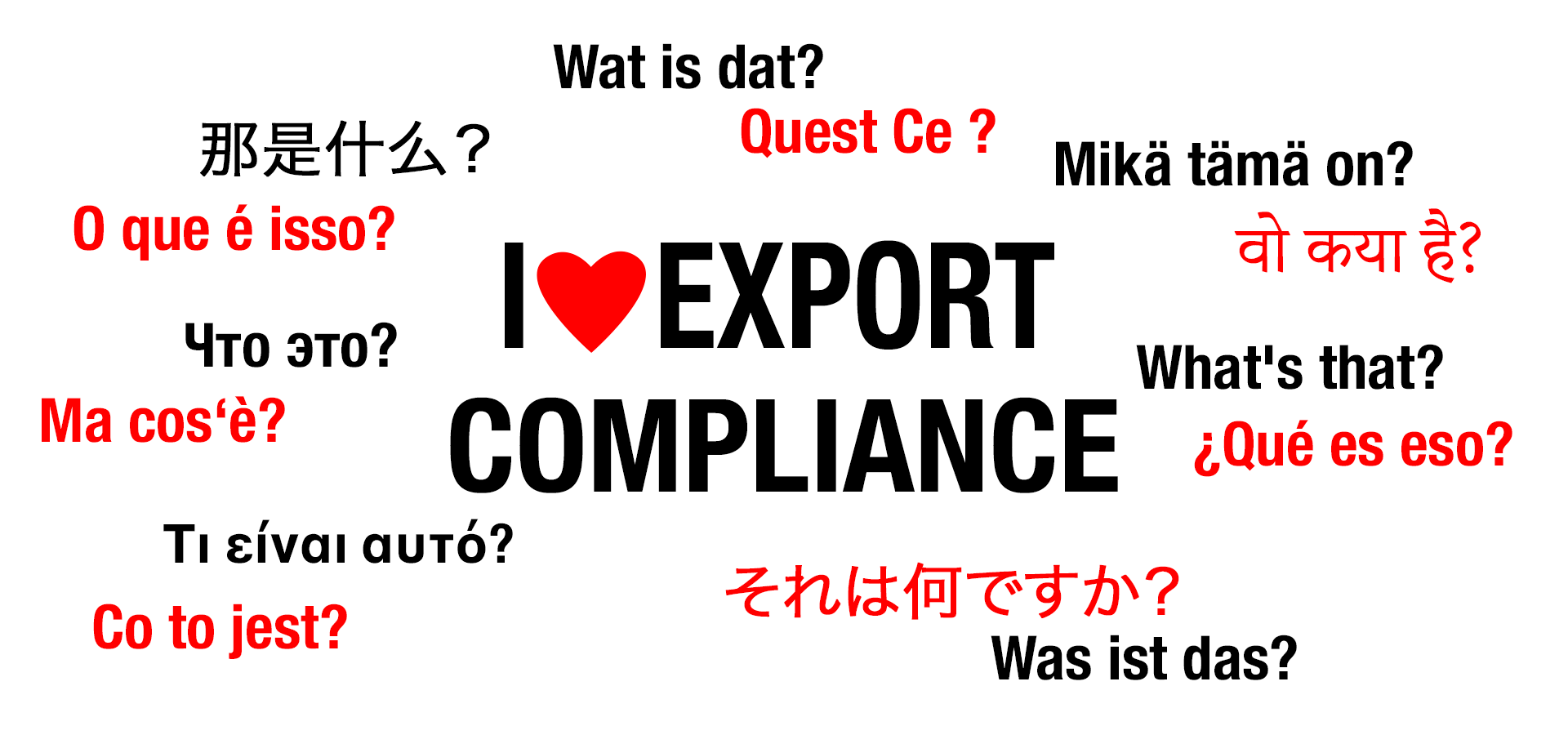
EXPORT COMPLIANCE
defined
The specialised Compliance for Export
The very first challenge we had when the idea of founding EIFEC emerged from the twilight of uncertainity of behaviours in the new sanctions/ export control era was to define Export Compliance.
We have been working with stakeholders of various nature, origin, language and experience. Nobody has done before.
Background
Over the last 40 years, in fact, a long history of business and government excesses led to several legal, public and political reactions.
The response to these criminal misconducts resulted in legal sanctions, new governance practices, stricter compliance standards and, in wider terms, a general cultural transformation. All that has deeply shaped the way Organisations do their business, pushing them to set up or strengthen proper Export Risk Management programs.
Governments rely on the due diligence of exporters to help ensure security and compliance with laws, but in this global integrated world an efficient Export Compliance needs cooperation and harmonization at both a European and international level.
Alarms regarding potential diversion of dual-use items (i.e. those products that have a commercial application but can also be of military, weapons-of-mass-destruction or terrorist use) have heightened, while sanctions and embargoes violations increased the risk areas of Export thus jeopardizing both nations’ and mankind’s safety (Human Security).
Without a proper Due Diligence, all these threats to peace and security are possible by circumventing Anti Money Laundering (AML) and Countering the Financing of Terrorism (CFT) regulations.
All these risks can be prevented most effectively just through strong public/private sector partnerships and cooperation.
“Export Compliance” is the specialized multidisciplinary framework/discipline which covers all activities of Export (i.e. goods and services, tangible and intangible Items, transfer of means of payment), that are somehow subject to Export controlling regulations (i.e. Dual Use, Sanctions etc.) applicable to Transactions between two different states/jurisdictions/ entities. It provides support to Organisations in Compliance Risk Management, i.e. the risk of legal or administrative sanctions, financial losses or reputation deterioration for failing to comply with laws, regulations and legislations, codes of conduct and good practices.
You will find more in the Export Compliance Code CEC.

